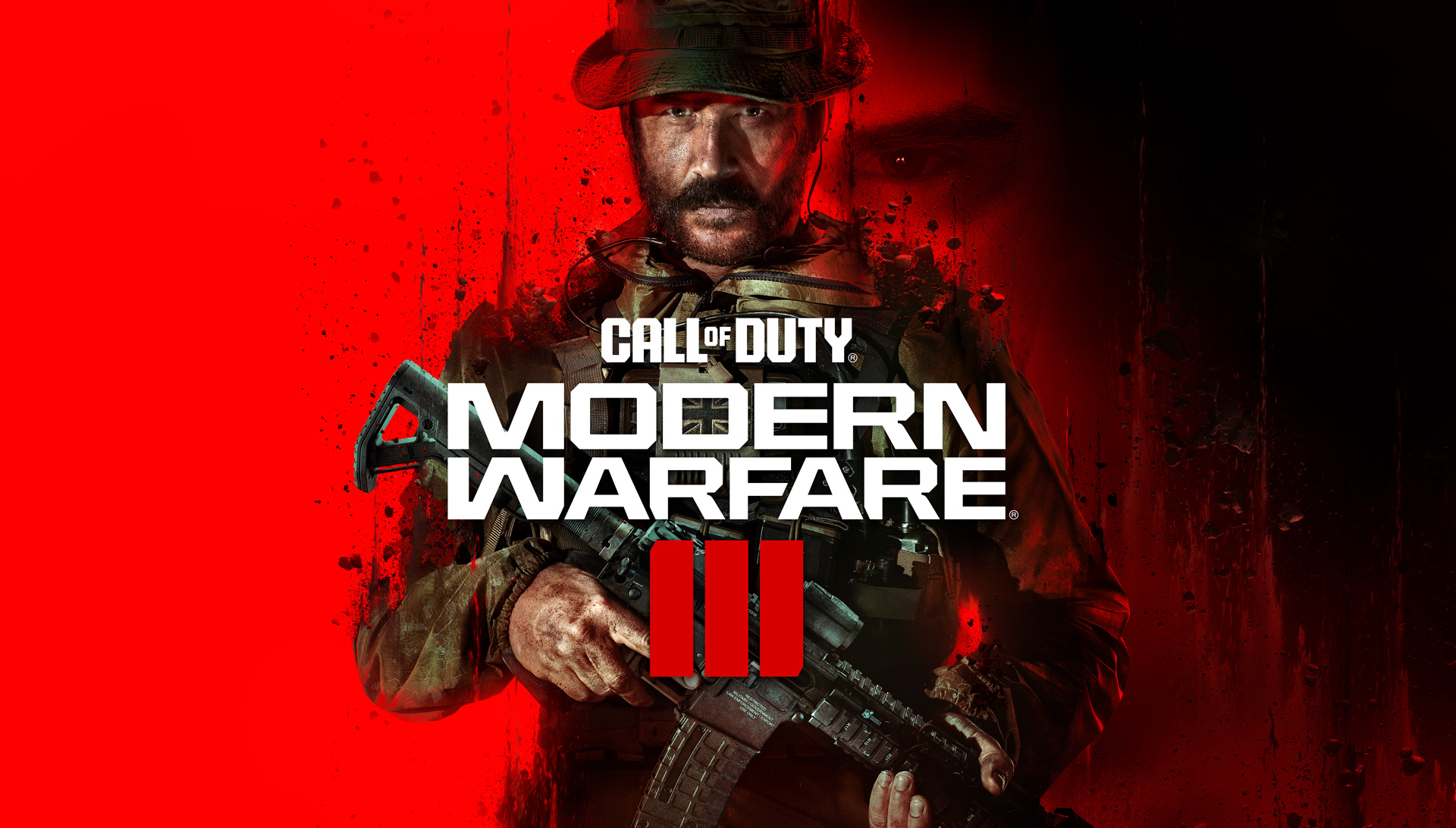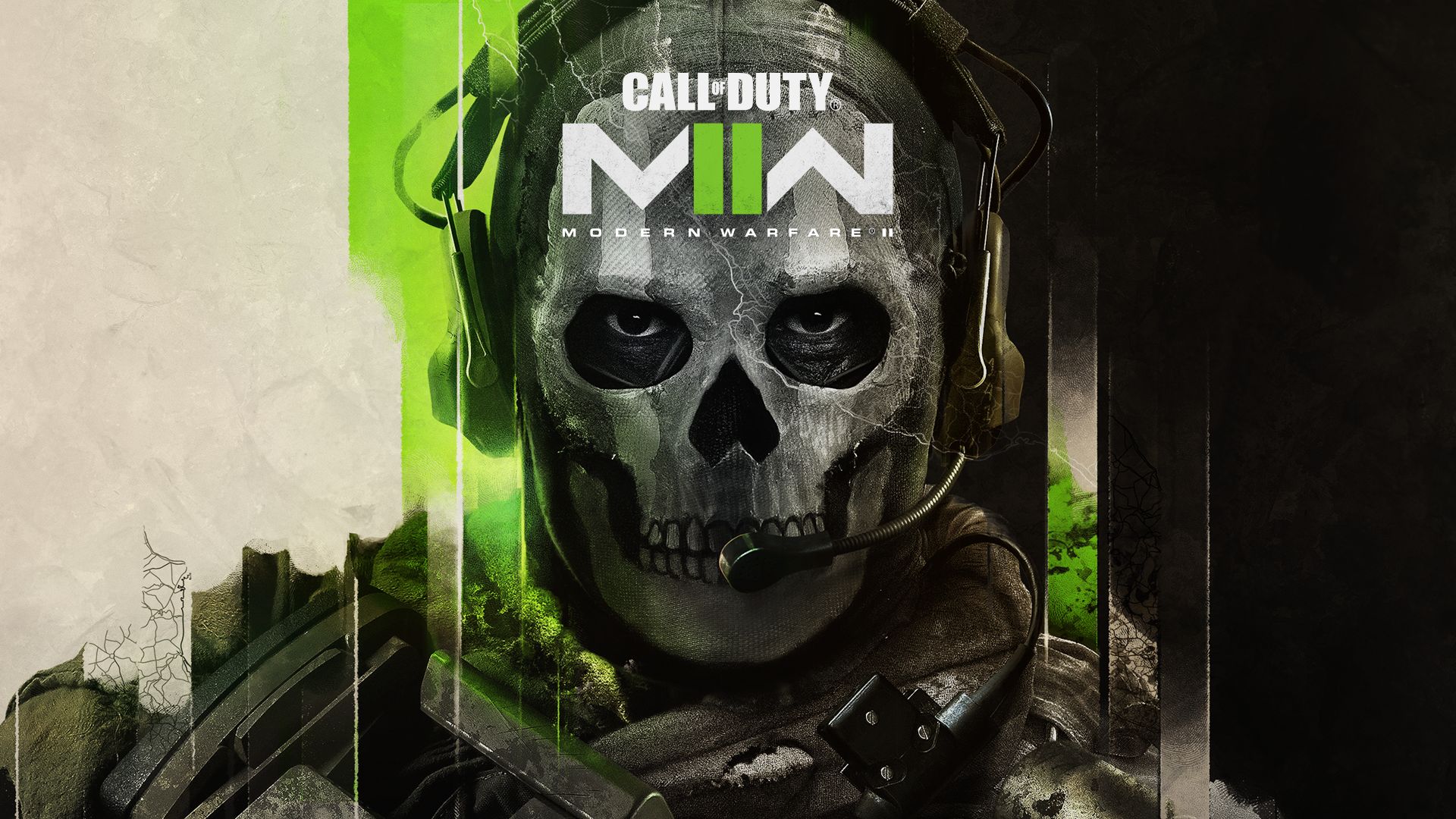Call of Duty: A Legacy of Innovation and Action-Packed Entertainment
Introduction:
Call of Duty, developed by Infinity Ward and published by Activision, stands as one of the most iconic and influential franchises in the history of video games. Since its inception in 2003, Call of Duty has set the standard for first-person shooters, captivating millions of players worldwide with its intense action, cinematic storytelling, and addictive multiplayer gameplay. In this article, we'll explore the evolution of Call of Duty, from its humble beginnings to its status as a cultural phenomenon, and examine its impact on the gaming industry.
The Birth of a Franchise:
Call of Duty was born out of a desire to create a realistic and immersive depiction of World War II combat. Developed by Infinity Ward, a studio formed by former members of the Medal of Honor development team, Call of Duty aimed to push the boundaries of the first-person shooter genre with its cinematic presentation, historical authenticity, and intense action. Released in 2003 for PC, the game was met with critical acclaim for its immersive single-player campaign and innovative multiplayer mode, setting the stage for the franchise's meteoric rise.
Expanding the Universe:
As the Call of Duty franchise continued to grow in popularity, so too did its scope and ambition. Subsequent entries in the series explored a variety of historical periods and settings, from the beaches of Normandy to the battlefields of modern warfare. Each installment introduced new gameplay mechanics, storytelling techniques, and multiplayer features, further solidifying Call of Duty's reputation as a premier gaming franchise.
The Rise of Multiplayer:
One of the key factors behind Call of Duty's success is its addictive and competitive multiplayer mode. With its fast-paced gameplay, customizable loadouts, and wide variety of maps and game modes, Call of Duty multiplayer has become a staple of online gaming culture. From the iconic "Nuketown" map to the popular "Zombies" mode, Call of Duty has continually innovated and expanded its multiplayer offerings, attracting millions of players worldwide and fostering a vibrant community of fans and competitors.
Cinematic Storytelling:
In addition to its multiplayer prowess, Call of Duty is renowned for its cinematic storytelling and immersive single-player campaigns. Featuring Hollywood-caliber production values, epic set pieces, and memorable characters, Call of Duty campaigns deliver pulse-pounding action and intense emotional moments that rival the biggest blockbuster films. Whether storming the beaches of Normandy in "Call of Duty 2" or battling terrorists in "Modern Warfare," Call of Duty campaigns offer a thrilling and immersive experience that keeps players coming back for more.
Branching Out:
In recent years, the Call of Duty franchise has expanded beyond traditional first-person shooters to include a variety of spin-offs and subseries. From the cooperative zombie mode introduced in "Call of Duty: World at War" to the free-to-play battle royale mode of "Call of Duty: Warzone," the franchise has embraced new genres and gameplay mechanics while staying true to its core principles of action-packed entertainment and competitive multiplayer. These spin-offs and subseries have helped Call of Duty reach new audiences and maintain its relevance in an ever-changing gaming landscape.
Esports and Competitive Gaming:
With its fast-paced gameplay, tight gunplay, and large player base, Call of Duty has emerged as a major player in the world of esports and competitive gaming. From local LAN tournaments to global esports events with millions of dollars in prize money, Call of Duty esports has grown exponentially in recent years, attracting top talent from around the world and captivating audiences with its intense matches and high-level competition. Activision has invested heavily in the development of the Call of Duty League (CDL), a professional esports league featuring teams from North America, Europe, and beyond, further solidifying Call of Duty's status as a premier esports title.
Community and Culture:
Central to Call of Duty's success is its passionate and dedicated community of players, content creators, and fans. From fan art and cosplay to gameplay montages and strategy guides, the Call of Duty community is a thriving hub of creativity and passion. Players form friendships, rivalries, and communities around their shared love of the game, coming together to celebrate its rich history and exciting future. Activision actively engages with the community through social media, forums, and events, soliciting feedback and sharing updates on the game's development, ensuring that Call of Duty remains a beloved and enduring franchise for years to come.
Looking Ahead:
As the Call of Duty franchise enters its third decade, the future looks brighter than ever. With ongoing updates, new content, and a thriving esports scene, Call of Duty remains at the forefront of gaming culture, captivating players and audiences alike with its intense action, cinematic storytelling, and addictive multiplayer gameplay. Whether storming the beaches of Normandy, battling terrorists in the Middle East, or facing off against zombies in a post-apocalyptic wasteland, Call of Duty continues to deliver unforgettable experiences that keep players coming back for more.
Call of Duty stands as a testament to the power of innovation, creativity, and community in the world of video games. From its humble beginnings as a World War II shooter to its status as a cultural phenomenon, Call of Duty has left an indelible mark on the gaming industry, shaping the way we play and experience games for generations to come. As we look to the future, one thing is certain: the legacy of Call of Duty will continue to inspire, entertain, and unite players around the world for years to come.
The Evolution of Gameplay:
Since its inception, Call of Duty has undergone significant evolution in its gameplay mechanics. While the franchise initially focused on historical conflicts, it later shifted towards modern and futuristic settings, introducing advanced weaponry, gadgets, and futuristic technology. This evolution allowed the series to explore a wider range of gameplay possibilities, from close-quarters combat in urban environments to high-tech warfare on a global scale. Additionally, Call of Duty games have experimented with different gameplay modes and features, such as the introduction of cooperative modes like Spec Ops and the integration of branching storylines and player choices in the campaign.
Tactical Depth and Strategy:
While Call of Duty is often associated with fast-paced action and adrenaline-fueled gunfights, the franchise also offers tactical depth and strategic gameplay elements. In multiplayer modes, players must utilize map knowledge, positioning, and teamwork to outmaneuver and outgun their opponents. Tactical decisions such as loadout selection, perk choices, and map control can often make the difference between victory and defeat. Similarly, in the single-player campaigns, players are often faced with strategic challenges and objectives that require careful planning and execution to overcome. Whether coordinating with AI squadmates or executing precision strikes on enemy targets, Call of Duty rewards players who can think strategically and adapt to changing situations.
Esports and Competitive Gaming:
Call of Duty's emphasis on competitive multiplayer has made it a natural fit for esports and competitive gaming. The franchise has a long history of hosting tournaments and events, from grassroots LAN parties to major international competitions. The introduction of dedicated esports leagues like the Call of Duty World League (CWL) and the Call of Duty League (CDL) has further solidified Call of Duty's status as a premier esports title, attracting top talent and teams from around the world. These leagues feature regular seasons, playoffs, and championships with substantial prize pools, providing opportunities for players to showcase their skills and compete at the highest level.
Community Engagement and Content Creation:
The Call of Duty community is a vibrant and diverse group of players, content creators, and fans who are passionate about the franchise. From fan-run forums and social media groups to official community events and conventions, Call of Duty players come together to share their love for the game and connect with like-minded individuals. Content creators play a significant role in shaping the Call of Duty community, producing gameplay videos, tutorials, guides, and montages that entertain and educate players around the world. Activision actively engages with the community through social media, forums, and live events, soliciting feedback and incorporating player input into future updates and releases.
Looking Ahead:
As Call of Duty continues to evolve and adapt to changing trends and technologies, the future looks bright for the franchise. With ongoing updates, new content, and a dedicated community of players and fans, Call of Duty remains a dominant force in the gaming industry. Whether you're a casual player looking for action-packed entertainment or a competitive gamer vying for esports glory, Call of Duty offers something for everyone. As the franchise enters its third decade, one thing is clear: the legacy of Call of Duty will continue to inspire, innovate, and entertain players for years to come.
Conclusion:
Call of Duty has left an indelible mark on the gaming industry, shaping the way we play and experience games for over two decades. From its cinematic storytelling and intense multiplayer battles to its vibrant community and competitive esports scene, Call of Duty has become a cultural phenomenon that transcends borders and generations. As we look to the future, one thing is certain: the legacy of Call of Duty will continue to inspire, entertain, and unite players around the world for years to come.




















